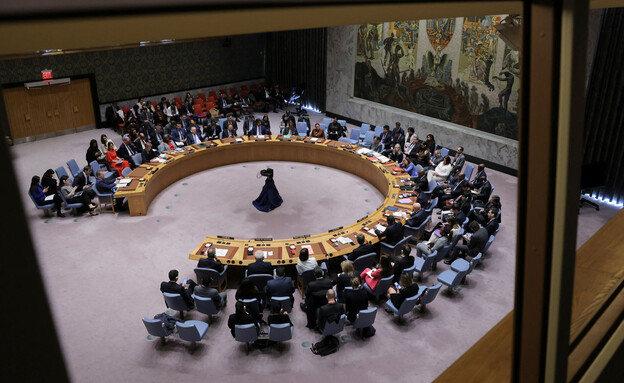:quality(75)/cloudfront-us-east-1.images.arcpublishing.com/elcomercio/UL2VPXWW6JFDRIUDNDKZG2UWWY.jpg)
Global Warming’s Impact on Earth’s Rotation: The Unprecedented Challenge of Eliminating the Leap Second
Greenland and Antarctica’s ice melting is altering the Earth’s rotation speed at a faster rate than previously thought. This change will impact the calculation of Universal Coordinated Time (UCT), which is used by computer networks to adjust time around the world. UCT has been established since 1967 with ultra-sensitive atomic clocks to ensure the accuracy of digital and communication infrastructures.
Historically, there has been synchronization between UCT and astronomical time based on Earth’s rotation speed, which is not constant. Leap seconds were introduced in 1972 to compensate for these irregularities, ensuring that atomic time aligns with astronomical time. The last leap second adjustment was made in 2016.
As the Earth’s rotation speed changes, it causes an inverse problem where astronomical time advances ahead of atomic time. This may require the introduction of a negative leap second, which could pose unprecedented challenges in an increasingly connected world. Metrology specialists are concerned about the impact of a negative leap second due to its potential complications.
The global community of metrologists agreed to stop introducing leap seconds until 2035, and from that year, there may be a transition to letting the difference between atomic time and Earth’s rotation reach one minute. However, global warming, which accelerates ice melting in Greenland and Antarctica, poses a challenge to this plan.
The melting of ice slows down the Earth’s rotation and may delay the introduction of a negative leap second until 2029. This unprecedented impact on the Earth’s rotation calls for careful consideration by metrologists to determine the best approach for eliminating the leap second. It provides more time for decision-making regarding the future of time measurement systems.
In conclusion, Greenland and Antarctica’s ice melting has far-reaching implications for our planet’s rotation speed and ultimately for our ability to measure and keep track of time accurately. Metrology specialists must work together carefully to find solutions that balance scientific advancements with technological limitations while ensuring that our digital infrastructure remains reliable and efficient in this changing world.

